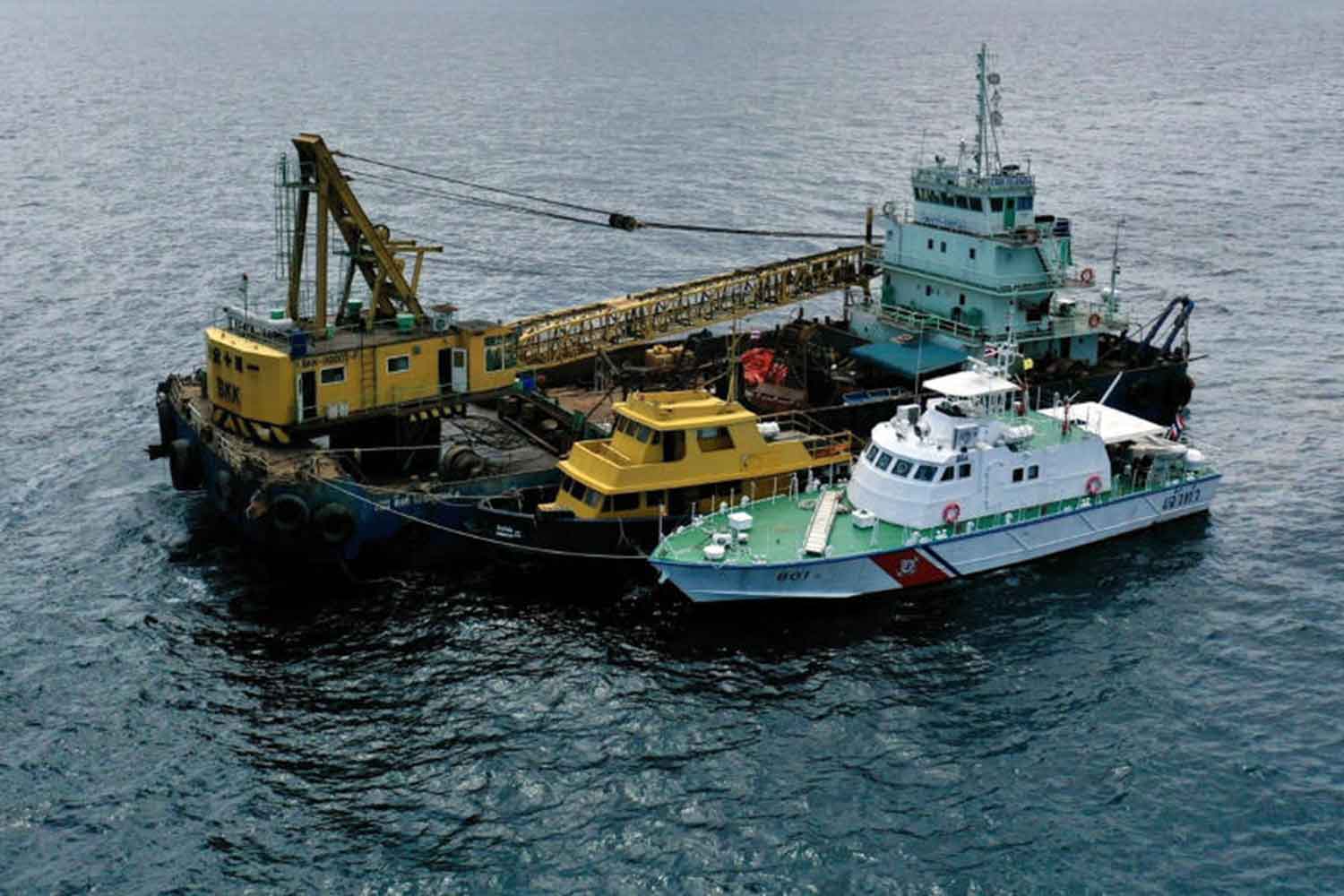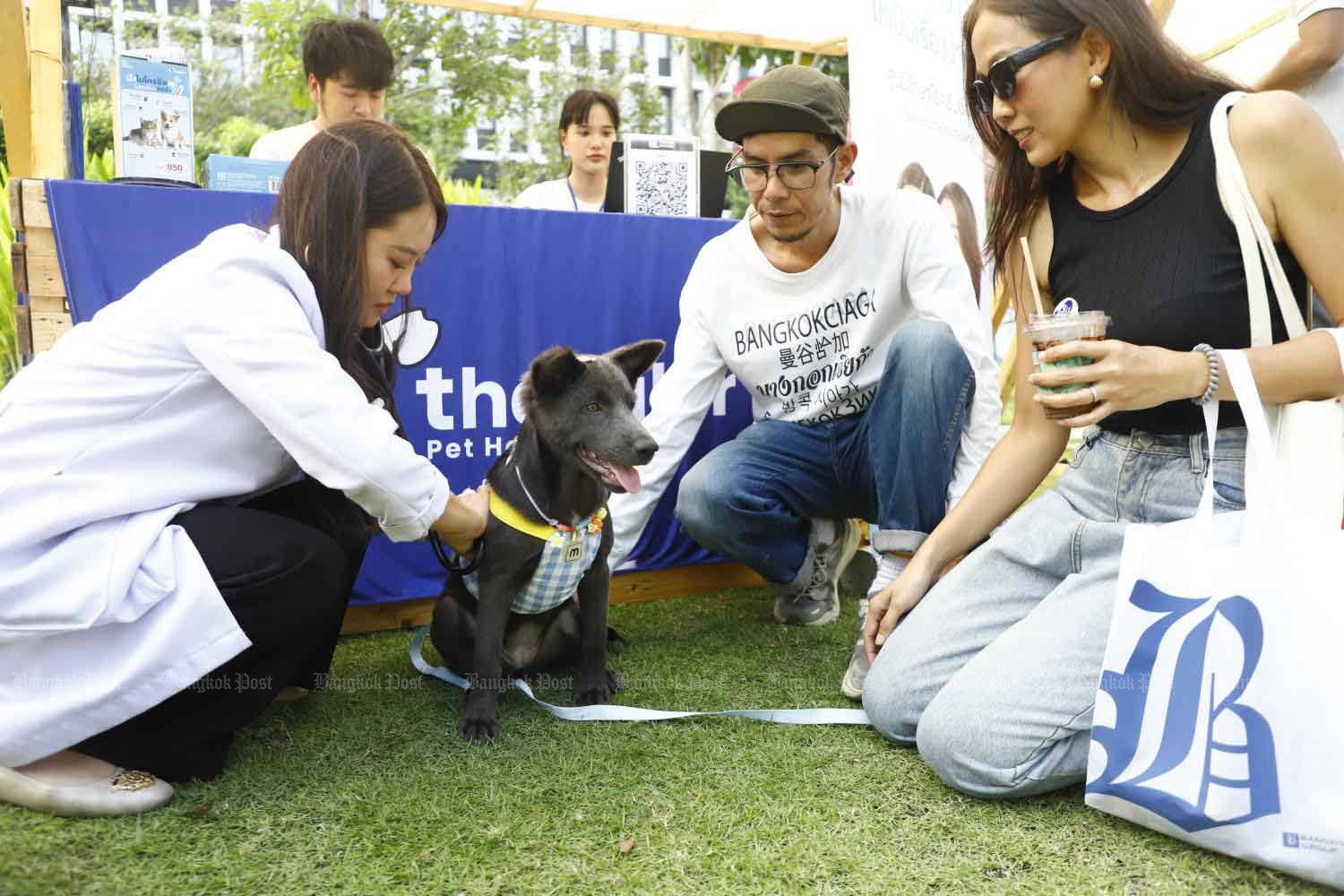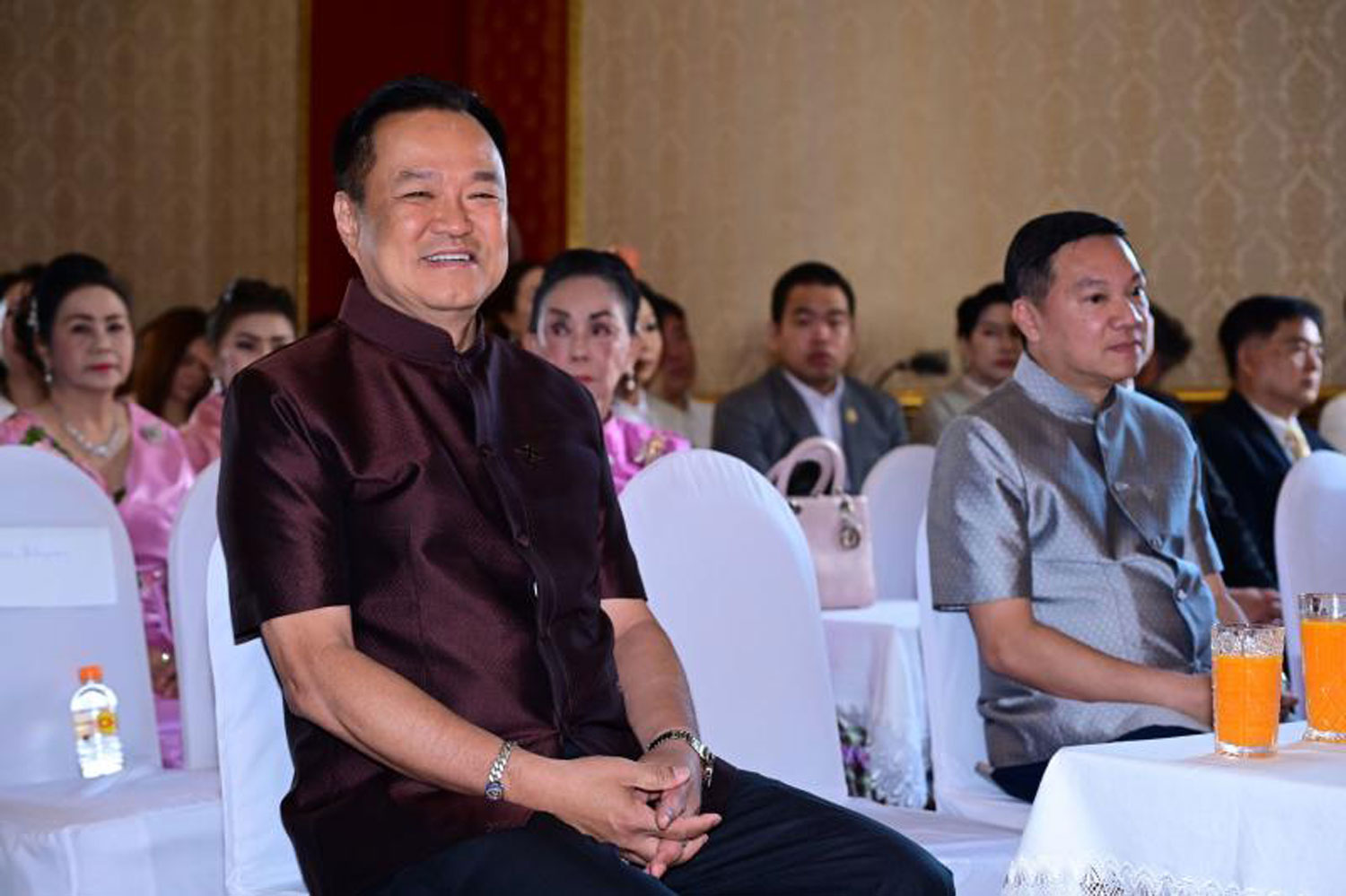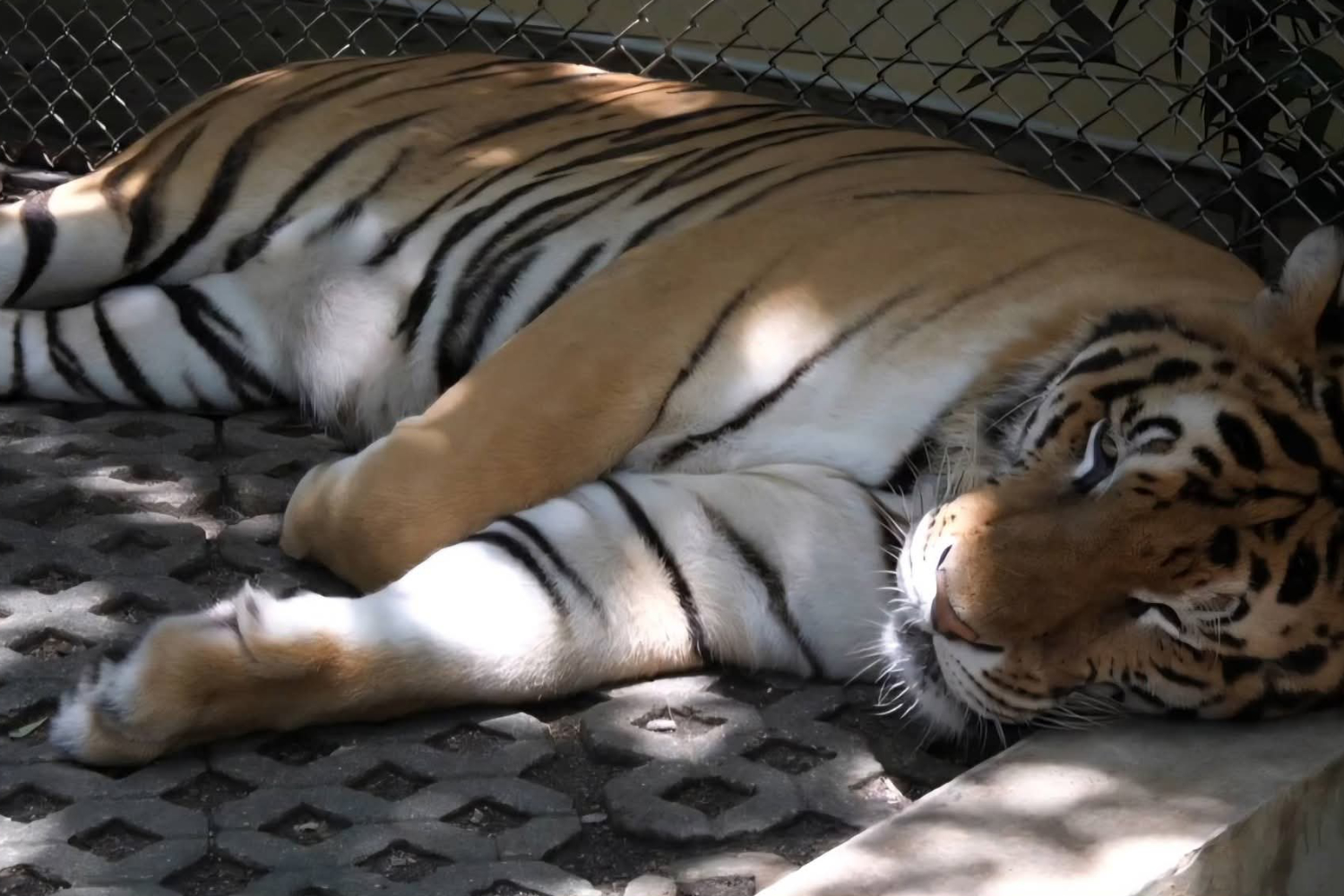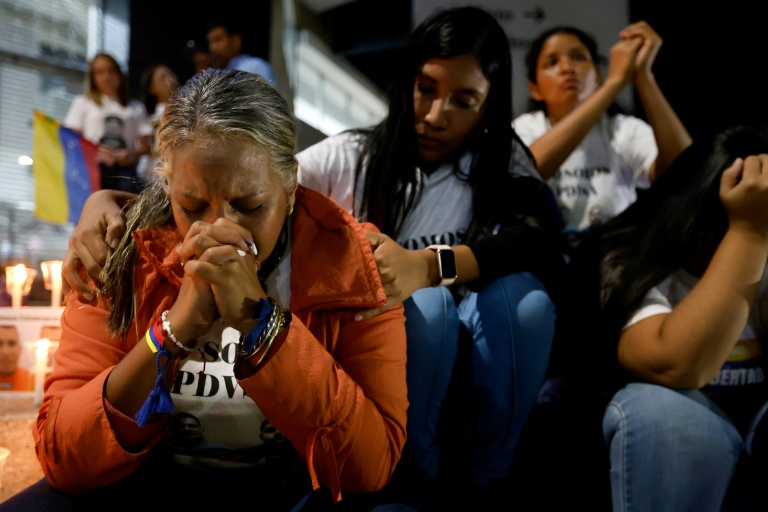Showing 1 - 10 of 10,000
Phuket beaches ‘safe’ for public
Achadthaya Chuenniran, Published on 22/02/2026
» Seawater quality around Phuket remains safe for the public, with no oil contamination detected at five major beaches following the sinking of the Panama-flagged cargo ship SEALLOYD ARC earlier this month, the Pollution Control Department (PCD) says.
Vibhavadi street racers caught, bikes seized
Online Reporters, Published on 22/02/2026
» Seventeen street racers, 10 of them juveniles, have been arrested for turning Bangkok's Vibhavadi Rangsit road into a late‑night racing strip , with 14 modified motorcycles confiscated.
More people opting for pets over children
News, Published on 22/02/2026
» Bangkok Post and SIRI Campus on Saturday staged the third edition of the Bangkok Post Forum, "Pet in the City – Smarter Living for City Pets", at SIRI Campus, Sukhumvit 77.
Mendez brace gives Prachuap crucial victory
Sports, Tor Chittinand, Published on 22/02/2026
» Edgar Mendez struck twice as PT Prachuap secured a 2-0 victory over Rayong in Thai League 1 on Friday night at Sam Aoh Stadium.
Army denies border gunfire claim
News, Published on 22/02/2026
» The Royal Thai Army has denied Cambodian media reports alleging Thai troops opened fire on Cambodian forces near a border area in Preah Vihear province, injuring one soldier.
Fewer families lead to local pet craze
Mongkol Bangprapa, Published on 21/02/2026
» Bangkok Post and SIRI Campus on Saturday staged the third edition of the Bangkok Post Forum, “Pet in the City – Smarter Living for City Pets”, at SIRI Campus, Sukhumvit 77.
Bhumjaithai-led coalition ‘finalised’, minus Klatham
Online Reporters, Published on 21/02/2026
» A coalition government led by the election-winning Bhumjaithai Party has been finalised with a combined 300 House seats — and minus the Klatham Party, according to a source.
Google issues emergency Chrome patch to fix zero-day flaw
Life, Puriward Sinthopnumchai, Published on 21/02/2026
» Google has released an emergency security update for its Chrome browser to address a critical zero-day vulnerability that is already being exploited by hackers.
Feline parovirus blamed for Chiang Mai mass tiger deaths
Published on 21/02/2026
» Preliminary tests by livestock officials have revealed that the 72 dead tigers at the Tiger Kingdom tourist attraction in Chiang Mai were infected with feline parvovirus, complicated by other bacteria.
Anxious Venezuelans seek clarity on new amnesty law
AFP, Published on 21/02/2026
» CARACAS - Families in Venezuela continued to wait anxiously outside prisons Friday, as questions swirled about a newly passed mass amnesty law pushed through by interim authorities following the US toppling of Nicolas Maduro.




